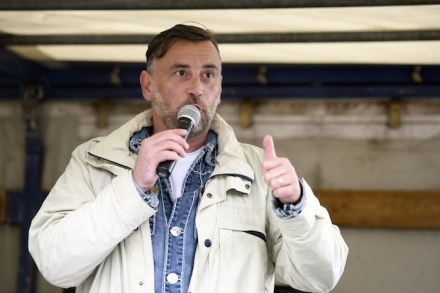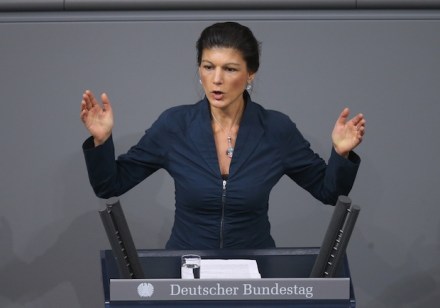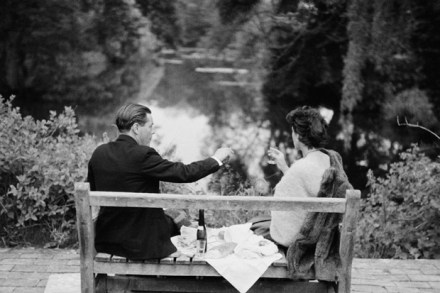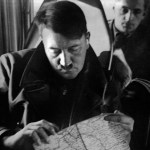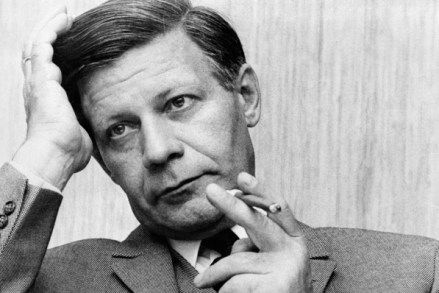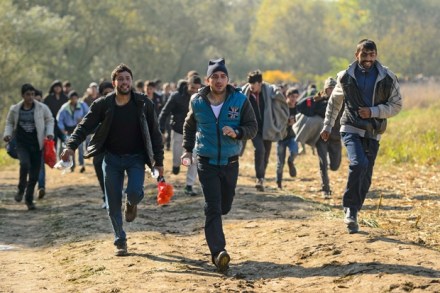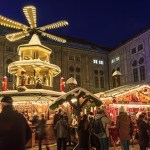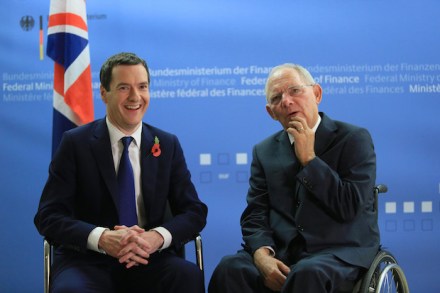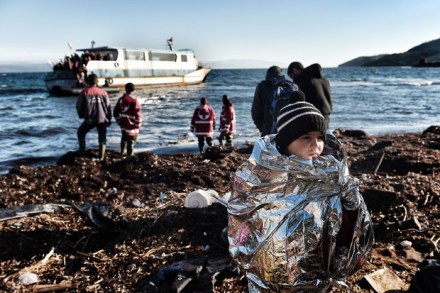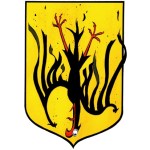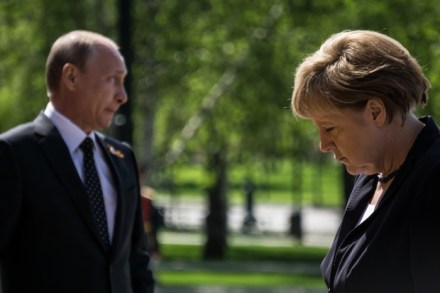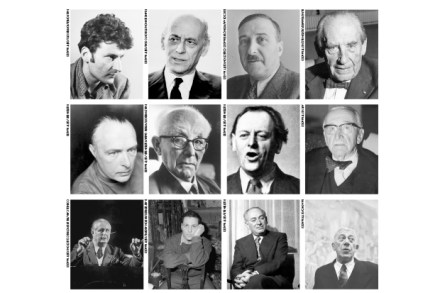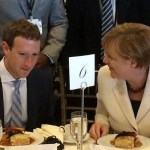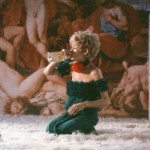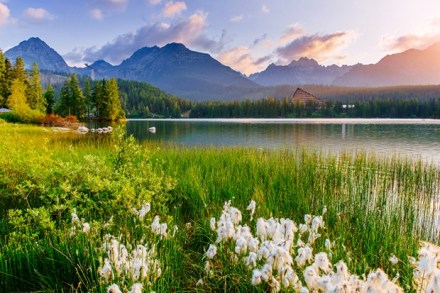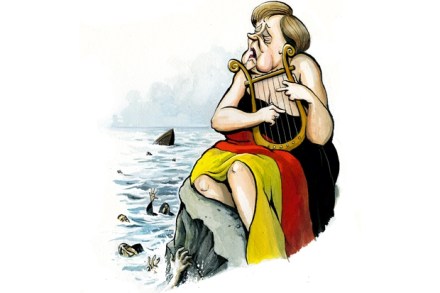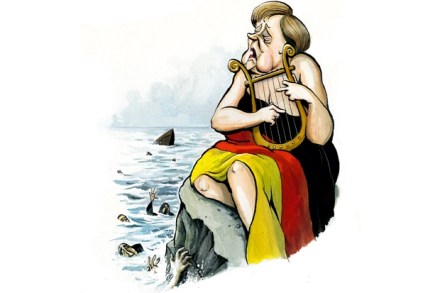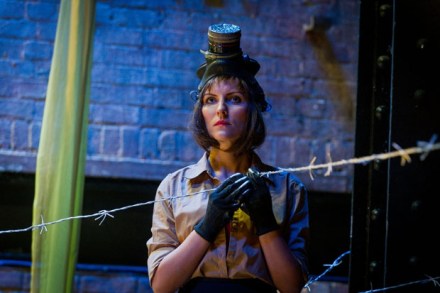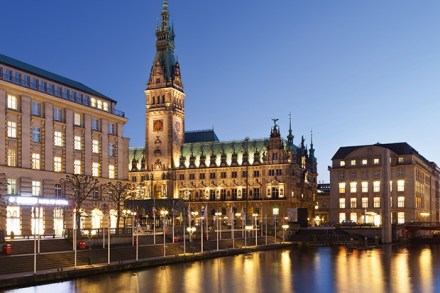A German politician points out the obvious about refugees and the terror threat
Happy New Year. Sorry about my absence. I’ve been away for a couple of weeks and then, when I returned, there was no internet access and those hardworking people from BT spent ten days mulling over the problem before they tried to put it right. What a wonderful organisation. So, anyway, well done Lutz Bachmann – a German politician from the Pegida party. He tweeted that all those Germans who had said ‘refugees welcome here’ should make their way down to Munich station – closed on New Year’s Eve because of bomb threats. He has been criticised for linking the arrival of refugees – described by the increasingly deranged Angela
